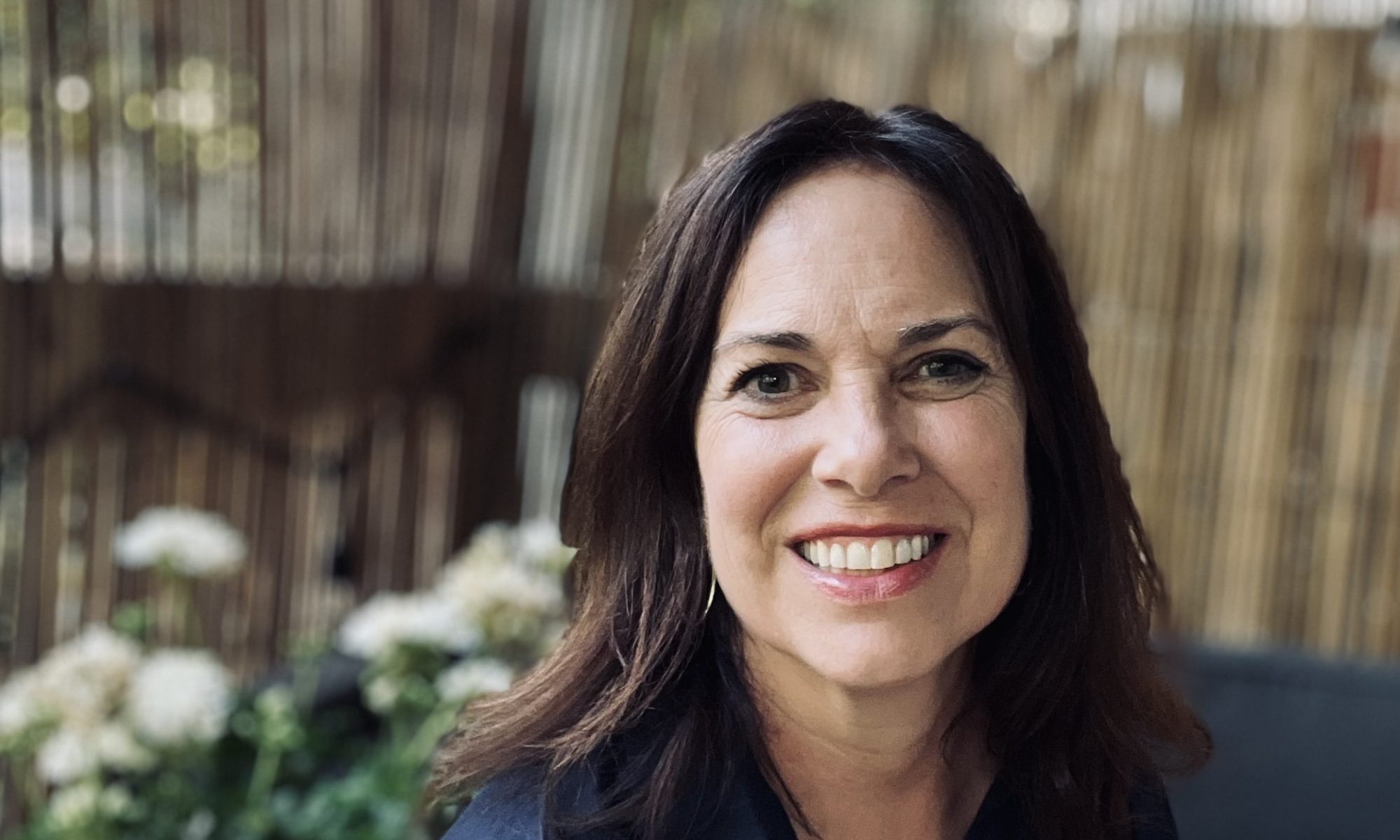
BY LISA PALMER
When PETER GLEICK is invited to give a speech, chances are good he’ll receive a cup of tap water to quench his thirst. “The people who put bottled water on the podium are increasingly embarrassed, and that’s good,” said Gleick recently in a speech at the Wilson Center in Washington, D.C. Gleick, a hydrologist, is co-founder and president of the Pacific Institute in Oakland, Calif.
In 2003 he was named a MacArthur fellow for his work. He is the author of seven books, including the biennial water report, The World’s Water, which examines the most pressing freshwater issues; volume 7 of that series was published in October 2011. His book Bottled and Sold: The Story Behind Our Obsession with Bottled Water, published in 2010, shows the journey of how water has moved from a free natural resource to a commercial product with multimillion-dollar ad budgets.
I recently caught up with Gleick and we talked about access to clean water. Here’s the interview that appears in the Winter 2012 issue of Momentum, a publication of the Institute on the Environment at the University of Minnesota.
A billion people worldwide are without access to drinking water, and 2.5 billion people are without access to adequate sanitation. What would it take to provide all people with access to clean water?
I think we have the technology. I think we have the money. I think we have the knowledge to meet basic human needs for everyone. What’s been missing is the commitment and the will on the part of local and national governments to meet those basic needs.
There’s this classic expression: It’s not rocket science. Part of the problem in the water world is that some of these issues are more complicated than rocket science because they are not technical issues; they are social and political issues, which are always harder than rocket science. Maybe the shortest answer is what’s really needed is a commitment to solve the problem. I am not that optimistic about it. I have been working on these issues a long time. In some ways we’ve made progress. I sometimes despair that we are going to make the commitments necessary to solve this problem.
What is keeping us from making the commitment?
It has to be the choice of communities or nations to put water issues at the top of their agenda. I think about South Africa, where there is still enormous unmet need, but the government has made progress because they made it a national commitment.
Even here in the United States not everyone has access to safe drinking water. There are poor counties in the central valley of California that don’t have safe drinking water. We know that these communities don’t have safe drinking water, but the money to either clean up the groundwater or to tie those communities to a neighboring water system that has safe water hasn’t been made available. Again, it is not a technological problem, it is not an economic problem—it is a problem of commitment. This is the United States. This isn’t Zimbabwe.
What worked in South Africa, won’t necessarily work in another place. This is another reason it is a problem. Political models differ from place to place. What works in one region may not work in another. There isn’t a single-solution-fits-all answer.
What is your level of optimism that we’ll achieve a solution?
With respect to water; if there is any reason for optimism, it is in the fact that it is not a technological problem. We do have solutions. There are success stories out there. We are making progress. But we have to get away from the idea that there is a single solution, and we have to get away from the idea that what worked in the 20th century is going to work everywhere in the 21st century.
The fact that we failed to solve these problems is sad and inexcusable, but it doesn’t mean the problems can’t be solved. We just have to be smarter and be more committed to solving them.
